Publicly funded educational resources should be openly licensed by default
Why is this important?
Governments around the world spend billions of dollars every year on grants and contracts to develop educational resources including textbooks, curricula, teacher training, language learning materials, and more. These valuable resources are created with public funds in service of the public good, yet too rarely are they made available for public use beyond their original purpose.
Governments can expand the impact, efficiency, and socioeconomic benefit of their educational investments by adopting policies that ensure that publicly funded educational resources are openly licensed and shared with the public by default.
What is the opportunity?
Making publicly funded educational resources open to the public by default is not only a just and fair practice, it also unlocks benefits for society. Open licensing policies provide clarity over use rights, informing educators, students, entrepreneurs, and innovators that they have permission to use, improve, and add value to publicly-funded works. It also ensures that both governments and citizens get the right to use what they pay for, resulting in more efficient use and better stewardship of public funds.
Open licensing policies can be implemented at all levels of government and can be as small as a single grant program, or as large as requiring open licensing for all textbooks procured.
For example, the U.S. Department of Labor established an open licensing policy for a U.S. $2 billion grant program to improve workforce training programs at community colleges, which ensured the resulting resources could be repurposed. In Poland, the government’s E-podreczniki.pl program created a full set of open, digital textbooks for the core curriculum of primary and lower secondary education, and in Chile, the Library of National Congress is creating an openly licensed set of resources to support Digital Citizenship education. All of these examples require a Creative Commons Attribution (CC BY) open license.
How can you get involved?
- Read Foundations of OER Strategy, a collaborative document that defines a shared understanding of OER policy advocates on how these policies should be implemented.
- Join the Creative Commons Open Education Platform. Creative Commons (CC) is a global network working on Open Education, GLAM, Science, Access and Data Licensing Policies. CC has teams in over 85 countries.
- Join additional groups working on open education licensing policies, such as the International OER Advocacy mailing list, the Open Policy Network or the Open Education and Open Government network.
- Review the OER Policy Registry to see open education licensing policies from around the world, or remix existing government guidance on open licensing policies, such as AUSGOAL, NZGOAL, or the U.S. Federal Open Licensing Playbook.
